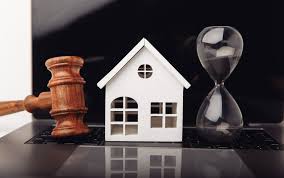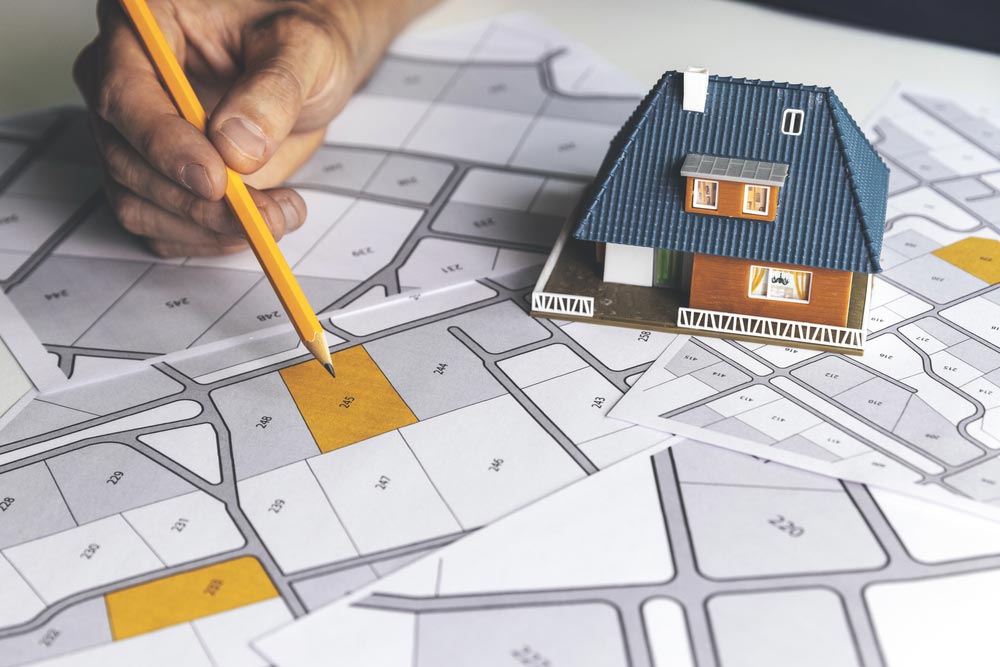
Property Valuation & Council Rates in QLD
Investing in real estate can be a great way to grow your wealth and secure your financial future. However, it’s important to understand the various factors that affect property value and the costs associated with owning a property, such as council rates. In this article, we will explore the nuances of property valuation and council rates calculation in QLD.
Property QLD Council
The property QLD council is responsible for maintaining and managing local infrastructure, services, and amenities. They also regulate and enforce building codes and standards, which affects property valuation. In QLD, there are over 70 local councils, each with their own set of rules and regulations. These councils are responsible for setting council rates, which property owners must pay annually.
Property Group
A property group is a collection of properties that share similar characteristics, such as location, size, and type. These groups are often used by real estate agents, valuers, and lenders to determine the value of a property. Property groups can also be useful for identifying trends in the property market, such as changes in demand or supply.
Property Growth
Property growth refers to the increase in value of a property over time. This growth can be affected by a variety of factors, such as economic conditions, population growth, and government policies. In QLD, property growth has been relatively stable over the past few years, with some areas experiencing higher growth than others. Understanding property growth trends can help you make informed decisions when buying or selling a property.
Property Estimated Value
The property estimated value is an estimate of the value of a property. This value is determined by a valuer or real estate agent and takes into account a variety of factors, such as location, size, and condition of the property. The estimated value can be useful for determining the selling price of a property or for obtaining a loan.
Land Value
The land value is the value of the land that a property is built on. This value is determined by the state government and is used to calculate council rates. The land value can be affected by a variety of factors, such as location, zoning, and land use.
How Council Rates are Calculated QLD
Council rates in QLD are calculated based on the land value of a property and the rate set by the local council. The rate is expressed as a percentage of the land value and is multiplied by the land value to determine the annual council rates. For example, if the land value of a property is $500,000 and the rate set by the council is 1%, the annual council rates would be $5,000.
Factors Affecting Property Valuation
There are several factors that can affect property valuation, such as location, size, condition, and amenities. Location is often the most important factor, as properties in desirable areas tend to command higher prices. Size and condition can also affect property value, as larger and newer properties tend to be more valuable. Amenities, such as parks, schools, and shopping centers, can also affect property value.
Methods of Property Valuation
There are several methods of property valuation, such as the sales comparison approach, the income approach, and the cost approach. The sales comparison approach is the most commonly used method and involves comparing the subject property to similar properties that have recently sold in the same area. The income approach is used for income-producing properties, such as rental properties, and involves calculating the potential income that the property could generate.
Sales Comparison Approach
The sales comparison approach is the most commonly used method of property valuation. This method involves comparing the subject property to similar properties that have recently sold in the same area. The valuer will look at factors such as the location, size, condition, and amenities of the properties to determine the value of the subject property.
Income Approach
The income approach is used for income-producing properties, such as rental properties. This method involves calculating the potential income that the property could generate. The valuer will look at factors such as the rent that similar properties are generating in the same area and the potential for future rental income. The value of the property is then calculated based on the expected income stream.
Cost Approach
The cost approach is used to determine the value of a property based on the cost of replacing the property if it were destroyed. This method involves calculating the cost of rebuilding the property and deducting any depreciation. The cost approach is often used for new properties that have not yet been sold or rented.
Council Rates and Property Valuation
Council rates can have a significant impact on property valuation, as they are based on the land value of a property. Higher council rates can reduce the value of a property, as potential buyers or tenants may be deterred by the higher ongoing costs. It’s important to consider council rates when determining the potential return on investment for a property.
FAQs
Q. How is land value determined in QLD?
Land value in QLD is determined by the state government using a mass appraisal system, which takes into account a variety of factors such as location, zoning, and land use.
Q. How often are council rates reviewed in QLD?
Council rates in QLD are reviewed annually and are adjusted based on changes in land values and council expenditure.
Q. Can council rates be appealed in QLD?
Yes, property owners can appeal council rates in QLD if they believe that the land value or rate calculation is inaccurate.
Q. How can I estimate the value of my property in QLD?
The best way to estimate the value of your property in QLD is to consult a professional valuer or real estate agent. They can provide you with an estimated value based on factors such as location, size, and condition.
Q. Are council rates tax-deductible in QLD?
No, council rates are not tax-deductible in QLD.
Q. How do council rates differ between local councils in QLD?
Council rates can differ between local councils in QLD based on factors such as the level of services provided and the cost of maintaining local infrastructure.
Q. Can a real estate agent increase the property valuation by a contract of sale?
The short answer is no. The property valuation is determined by a professional valuer or appraiser who evaluates the property’s condition, location, and market trends. The contract of sale is a legal document that outlines the terms and conditions of the sale but does not affect the property’s valuation.
Q. Can a real estate agent provide an estimated valuation?
Yes, a real estate agent can provide an estimated valuation based on their knowledge of the local property market. However, this valuation is not an official appraisal and should not be considered the final value of the property.
Q. Can a real estate agent manipulate the property valuation?
No, a real estate agent cannot manipulate the property valuation as it is a professional assessment conducted by a qualified valuer or appraiser. Any attempt to influence the valuation could result in legal consequences for the agent.
Q. How can I increase my property valuation?
There are several ways to increase your property valuation, including improving the property’s condition, updating its features, enhancing its curb appeal, and staging it for sale. You can also research the local property market and price your property competitively to attract potential buyers.
Q. Should I hire a valuer or appraiser before selling my property?
It is recommended to hire a valuer or appraiser to assess your property’s value before selling it. This will give you an accurate idea of the property’s worth and help you set a realistic asking price. You can also use this information to negotiate with potential buyers and ensure a fair sale. There could be associated fees with hiring a proeprty valuer or property valuer.
Q. What should I do if I disagree with the property valuation?
If you disagree with the property valuation, you can request a second opinion from another valuer or appraiser. You can also provide evidence of recent sales of similar properties in your area to support your case. However, it is essential to remember that the property valuation is a professional assessment and should be based on objective criteria rather than personal opinions or emotions.
This is general advice only, for specific legal advice speak to a expert legal reprenstative, conveyancer or solicitor.





